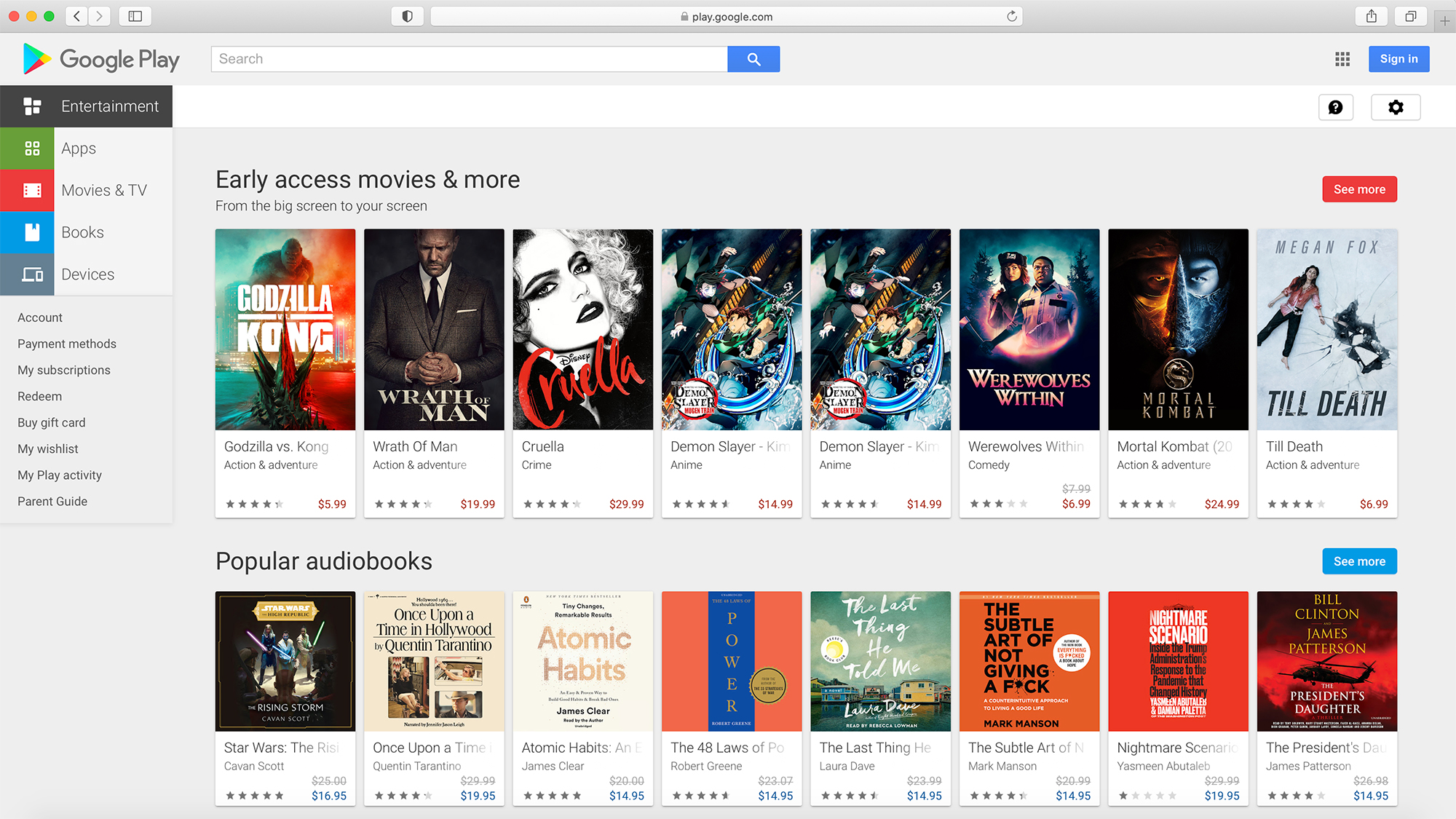AGs Sue 'Internet Gatekeeper' Google
New York attorney general Letitia James co-leads suit

The smarter way to stay on top of the multichannel video marketplace. Sign up below.
You are now subscribed
Your newsletter sign-up was successful
Thirty-seven states attorneys general -- including both Democrats and Republicans and co-led by New York AG Letitia James -- have filed suit against Google pledging to end what they call its illegal monopoly.
For James it is the second suit against the company this year.
They allege that Google has engaged in anticompetitive conduct, including exclusionary contracts, in an attempt to maintain monopoly control over mobile app distribution and in-app payments.
Among the specific allegations are that the company 1) imposes technical barriers that discourage distributing apps outside the Play Store; 2) does not allow Android to be an "open source"; 3) requires contracts that foreclosed competition; 4) buys off potential competitors; and 5) unlawfully ties use of its pay processor to Google Play distribution.
Also Read: More States Sue Google Over Antitrust Allegations
They say that Google required app developers to use Google Billing for Google Play Store, forcing them to pay up to a 30% commission indefinitely.
“Google has served as the gatekeeper of the internet for many years, but, more recently, it has also become the gatekeeper of our digital devices — resulting in all of us paying more for the software we use every day,” said James. “Once again, we are seeing Google use its dominance to illegally quash competition and profit to the tune of billions."
The smarter way to stay on top of the multichannel video marketplace. Sign up below.
James also co-led a December antitrust suit against Google, including many of the same AGs. That suit alleged anticompetitive conduct related to general search and advertising.
Also Read: States Sue Facebook Charging Unlawful Monopoly
Other states filing suit were co-leads Utah, North Carolina, Tennessee, as well as Alaska, Arkansas, Arizona, California, Colorado, Connecticut, Delaware, Florida, Idaho, Iowa, Indiana, Kentucky, Maryland, Massachusetts, Minnesota, Mississippi, Missouri, Montana, Nebraska, Nevada, New Hampshire, New Jersey, New Mexico, North Dakota, Oklahoma, Oregon, Rhode Island, South Dakota, Vermont, Virginia, Washington, West Virginia, and the District of Columbia.
In a blog post in response to the suit, Wilson White, senior director of public policy for Google, said: "[I]t’s strange that a group of state attorneys general chose to file a lawsuit attacking a system that provides more openness and choice than others. This complaint mimics a similarly meritless lawsuit filed by the large app developer Epic Games, which has benefitted from Android’s openness by distributing its Fortnite app outside of Google Play.
"We understand that scrutiny is appropriate, and we’re committed to engaging with regulators. But Android and Google Play provide openness and choice that other platforms simply don’t," Wilson wrote. "This lawsuit isn’t about helping the little guy or protecting consumers. It’s about boosting a handful of major app developers who want the benefits of Google Play without paying for it. Doing so risks raising costs for small developers, impeding their ability to innovate and compete, and making apps across the Android ecosystem less secure for consumers."
Contributing editor John Eggerton has been an editor and/or writer on media regulation, legislation and policy for over four decades, including covering the FCC, FTC, Congress, the major media trade associations, and the federal courts. In addition to Multichannel News and Broadcasting + Cable, his work has appeared in Radio World, TV Technology, TV Fax, This Week in Consumer Electronics, Variety and the Encyclopedia Britannica.

